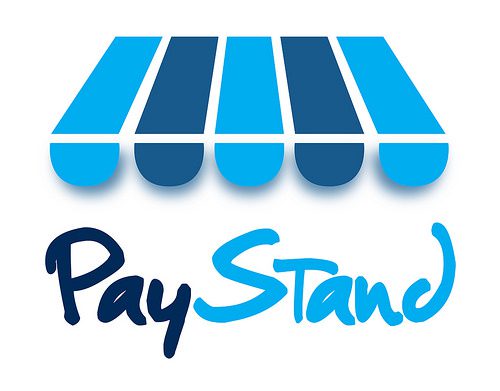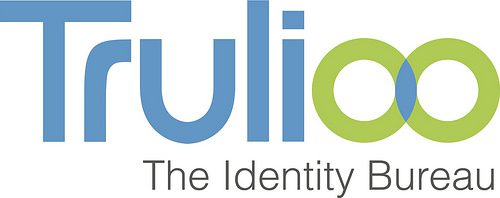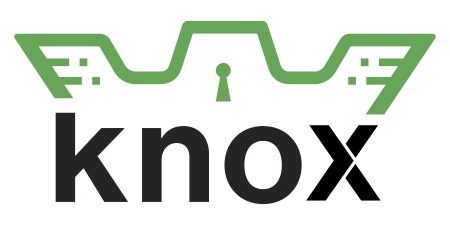This post is part of our live coverage of FinDEVr San Francisco 2014.
Blockchain introduces its widely-relied upon APIs to help developers build their own bitcoin-related apps.
Blockchain: The Core API for Bitcoin Development
Blockchain’s APIs power most of the Bitcoin companies in the ecosystem. Utilizing our APIs, you can start a Bitcoin business in minutes. From wallet creation to transaction verification, Blockchain’s APIs have you covered.
Presenting: Dan Held, Lead Product Manager
About:
Blockchain is the world’s most popular web-based Bitcoin wallet and the most highly trafficked Bitcoin website. Blockchain is the de facto search engine for the Bitcoin economy. Blockchain has over 2 million wallets and our footprint continues to grow quickly.
Blog: blog.blockchain.com
Twitter: @blockchain





































